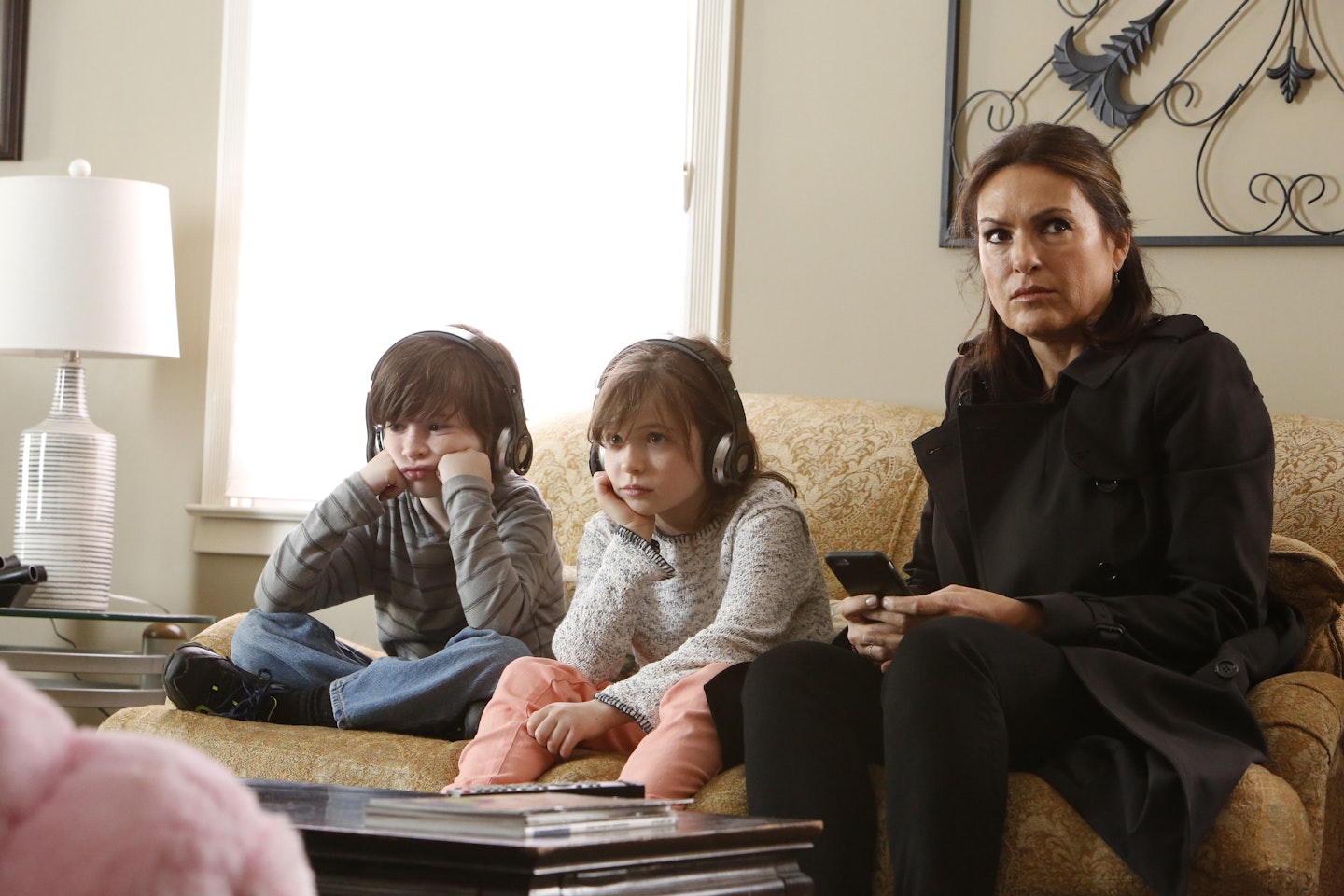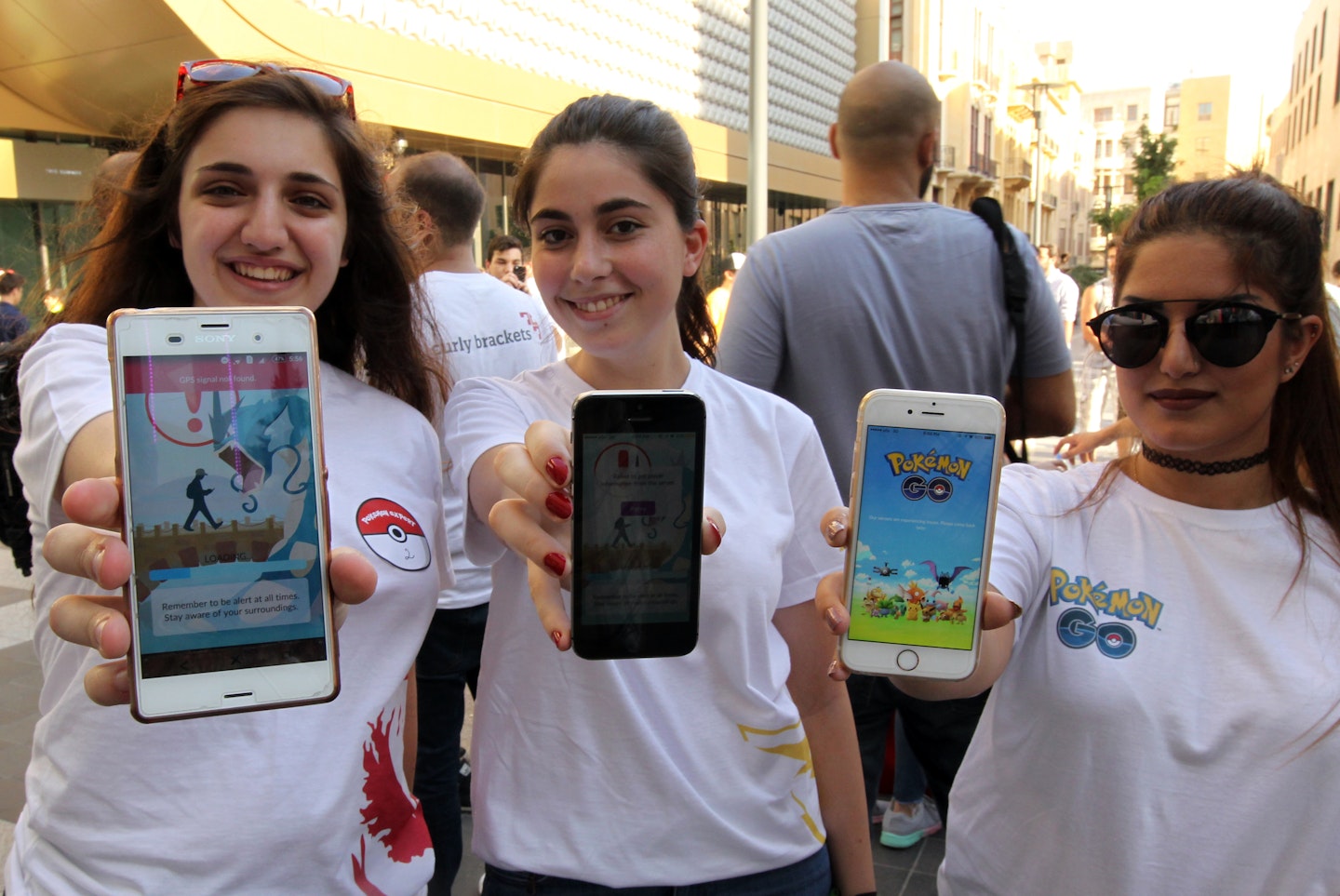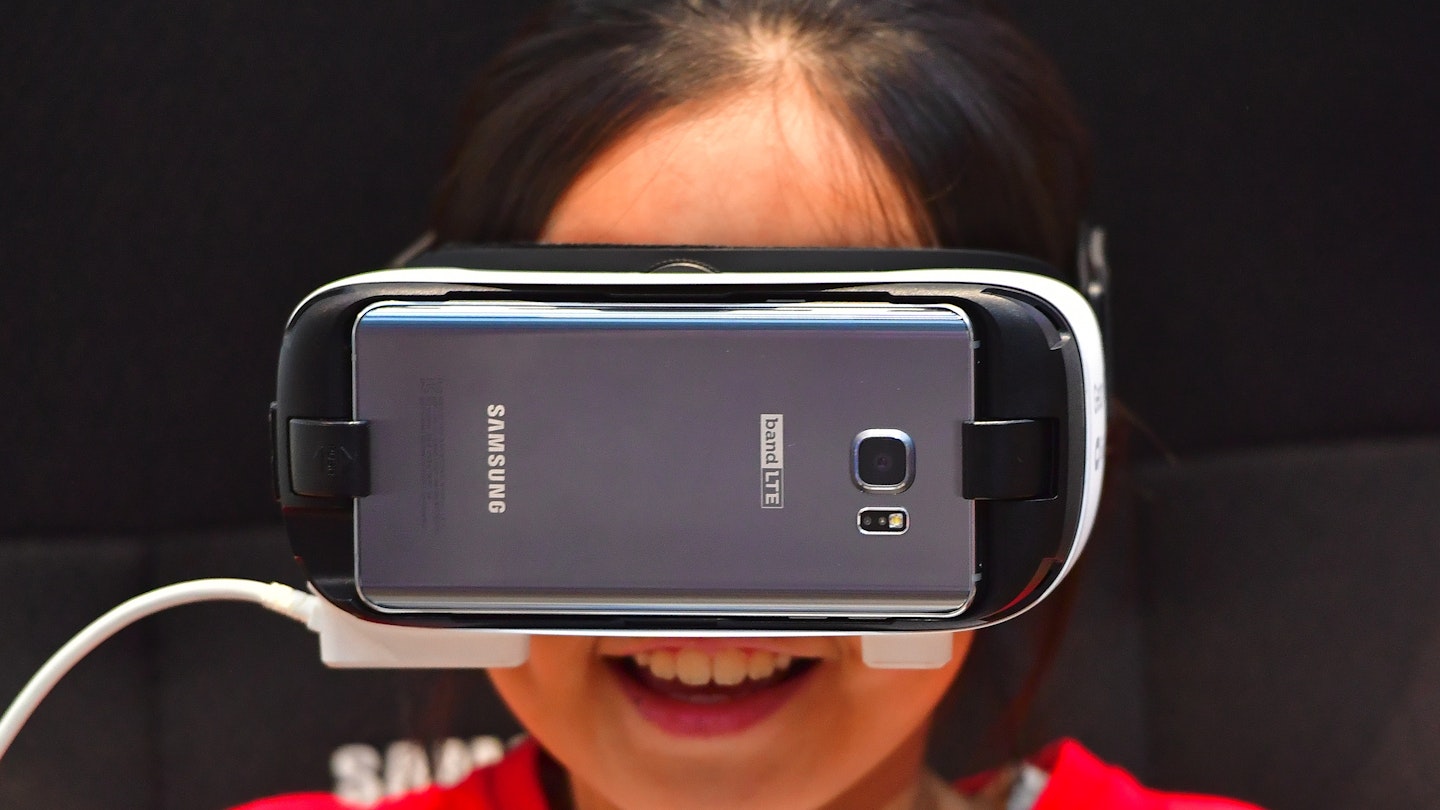Susan bought her six-year-old son John an iPad because she wanted “to let him get a jump on things” at school where teachers encouraged use of the device for educational purposes, assuring her that John’s obsession with Minecraft was fine because it’s “just like Lego”.
She tried to bat away her nagging concerns until John’s behaviour started to deteriorate – losing interest in baseball, refusing to do his chores and throwing tantrums when Susan tried to take the game away. She found him awake one night and so entranced by the game he appeared to be in a “catatonic stupor”.
Susan’s story appeared in the New York Post over the weekend, as told by Dr. Nicholas Kardaras, along with his views on “How Screen Addiction Is Hijacking Our Kids”. The article and his book of the same name have since caused quite a stir on both sides of the pond, with some tech magazines printing their response to the debate.

What the research says about tech addiction
In the article Dr. Kardaras cites his own clinical research with over a thousand teens, claiming: “I have found it easier to treat heroin and crystal meth addicts than lost-in-the-matrix video gamers or Facebook-dependent social media addicts.”
The psychotherapist calls on other scientists who have drawn a parallel between so-called tech addiction and drug abuse – including Dr. Peter Whybrow, director of neuroscience at UCLA, who calls screens “electronic cocaine”, Chinese researchers who use the term “digital heroin”, and Dr. Andrew Doan, head of addiction research for the Pentagon and US Navy, who calls screens “digital pharmakeia”.
According to the American Academy of Pediatrics who released a policy statement in 2013, one in three kids use tablets or smartphones before they can talk and kids as young as 8-10 years-old spend eight hours looking at screens a day.

Another study on youth screen time and behavioural problems, published in the Journal of Developmental & Behavioral Pediatrics in May, found that higher levels of screen time were associated with more sleep disturbances and behavioural health problems.
Some tech plundits have suggested the research is geared towards a positive result. Given one in five kids has a mental illness of some type, aren’t we bound to find a correlation between tech use and behavioural problems? Especially when ‘screen time’ includes that old-fashioned activity we call watching telly?
Should you be concerned about too much screen time?
Dr. Kardaras admits he doesn’t ban devices but has “honest discussions” with his kids about why reading a book instead of playing video games is beneficial for their health. He warns unwitting parents about getting “distracted” by tech and encourages eating dinner together and – shock horror! – talking or playing sports as a family. He recommends that kids shouldn’t be given a laptop until they are at least ten-years-old.
But is this really practical when schools rely on kids being tech literate from the first grade? When interactive games prepare them for collaborative tools in the workplace, let alone a teenage social life that, like it or not, gets planned on social media?
The US Department of Education notes that digital learning tools “build 21st century skills, increase student engagement and motivation and accelerate learning.”

Katie Price was recently slammed for allowing her kids on Instagram, but didn’t the glamour model and successful businesswoman have a point when she said social media is part of this generation’s milieu? And for budding stars Junior and Princess, a necessary medium for getting ‘booked’ in the showbiz game?
Kids might not have the life experience to know when it’s time to put down the iPad and start talking, so every parents needs to monitor their screen time and remain vigilant about how they interact with others, especially adults who may be hiding alterior motives. But there’s no need to feel threatened by technology that's part of everyday life.

Tips to stay safe online:
Experts from the NPSCC put together these guidelines to help you manage devices - not fear them.
-
Talk to your child about keeping safe online from an early age.
-
Show an interest in what they do - just like you would offline. This will give you a much better idea of what they're getting up to.
-
Children don't think of people they've met online through social networking and online games as strangers, they're just online friends. Explain to your child that it's easy for people to lie about themselves online.
-
Agree that your child can 'friend' a trusted adult like an aunt or uncle so they can let you know if they see anything worrying on your child's profile.
-
Agree on some ground rules together such as when and how often they can go online, the websites they can visit and what content is appropriate to share.
-
If your child plays online games, check the age rating before they play and agree on what they can share with other players.
-
Set up parental controls to stop your child from seeing unsuitable or harmful content online. Remember that if your child goes online away from home, the same controls might not be in place at other people's houses or on public Wi-Fi. Agree on what they can do there.
-
Check the privacy settings on any online accounts and remind them to keep their personal information private.
-
Talk to your child about what to do if they see explicit content or are contacted by someone that upsets them. Make sure they know how to use tools to report abuse.
Are you worried about your kids spending too much time online? Do you think technology inhibts their social skills or creativity in other areas? Let us know on Facebook and Twitter (@CloserOnline).
